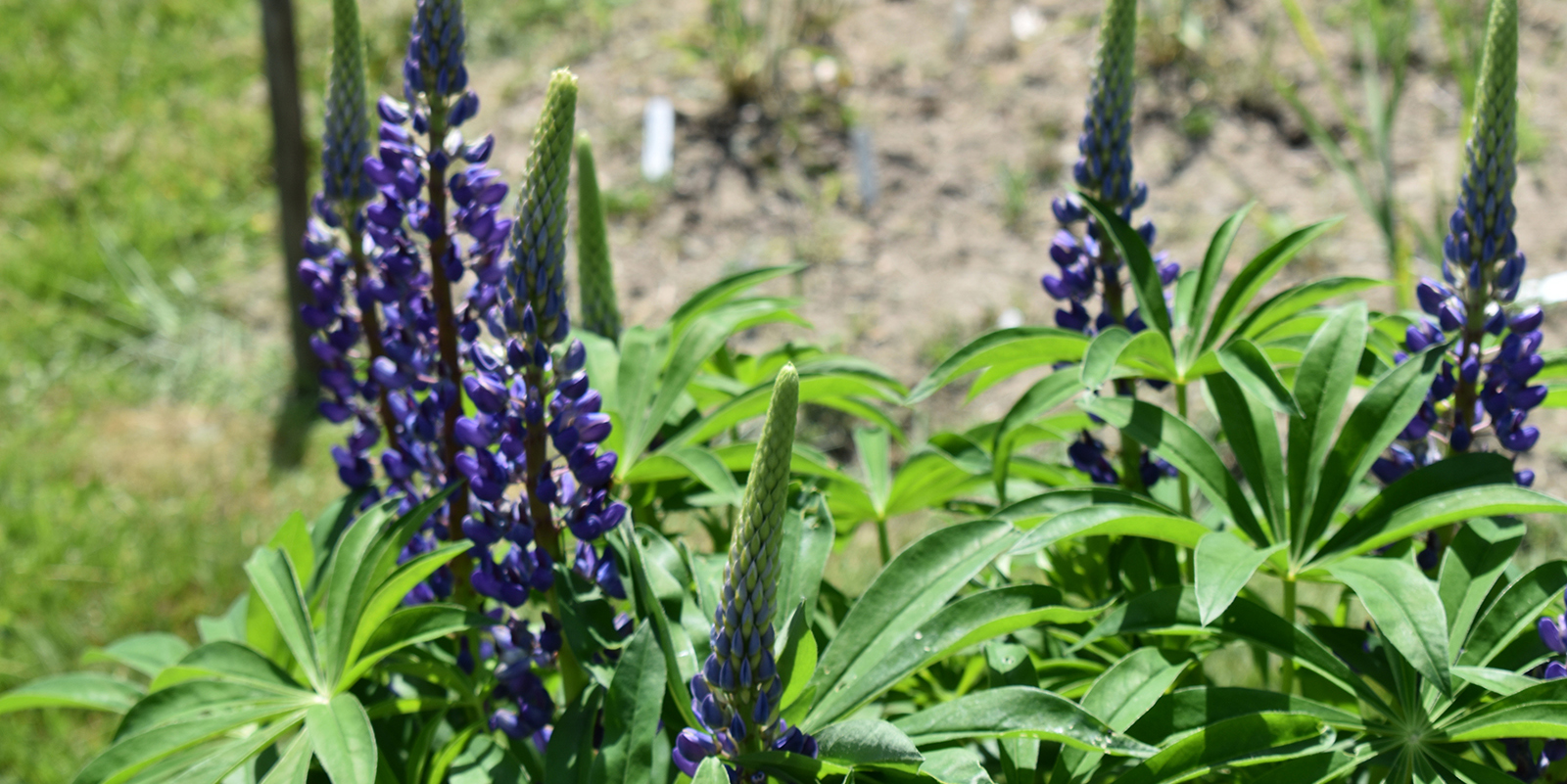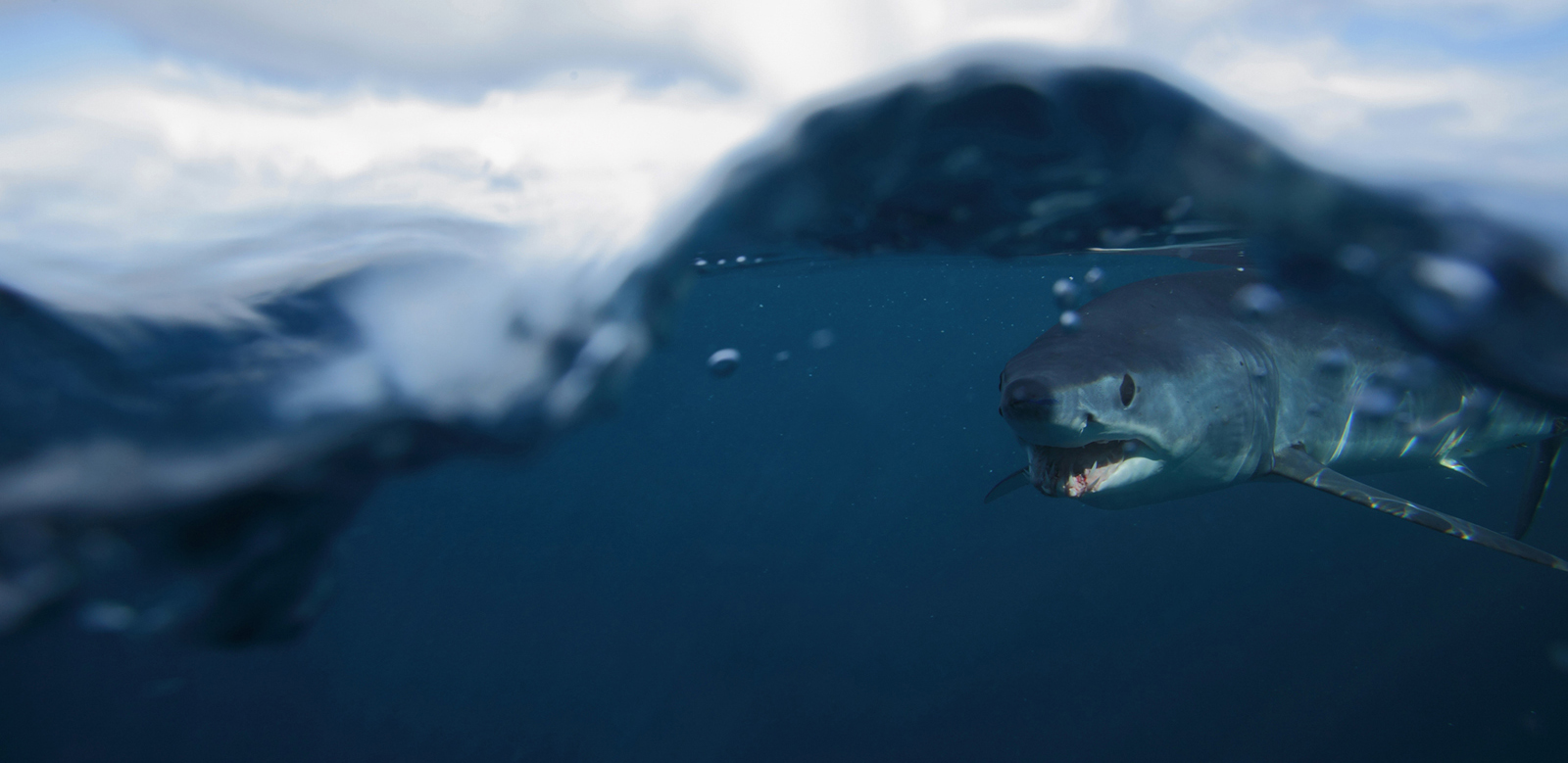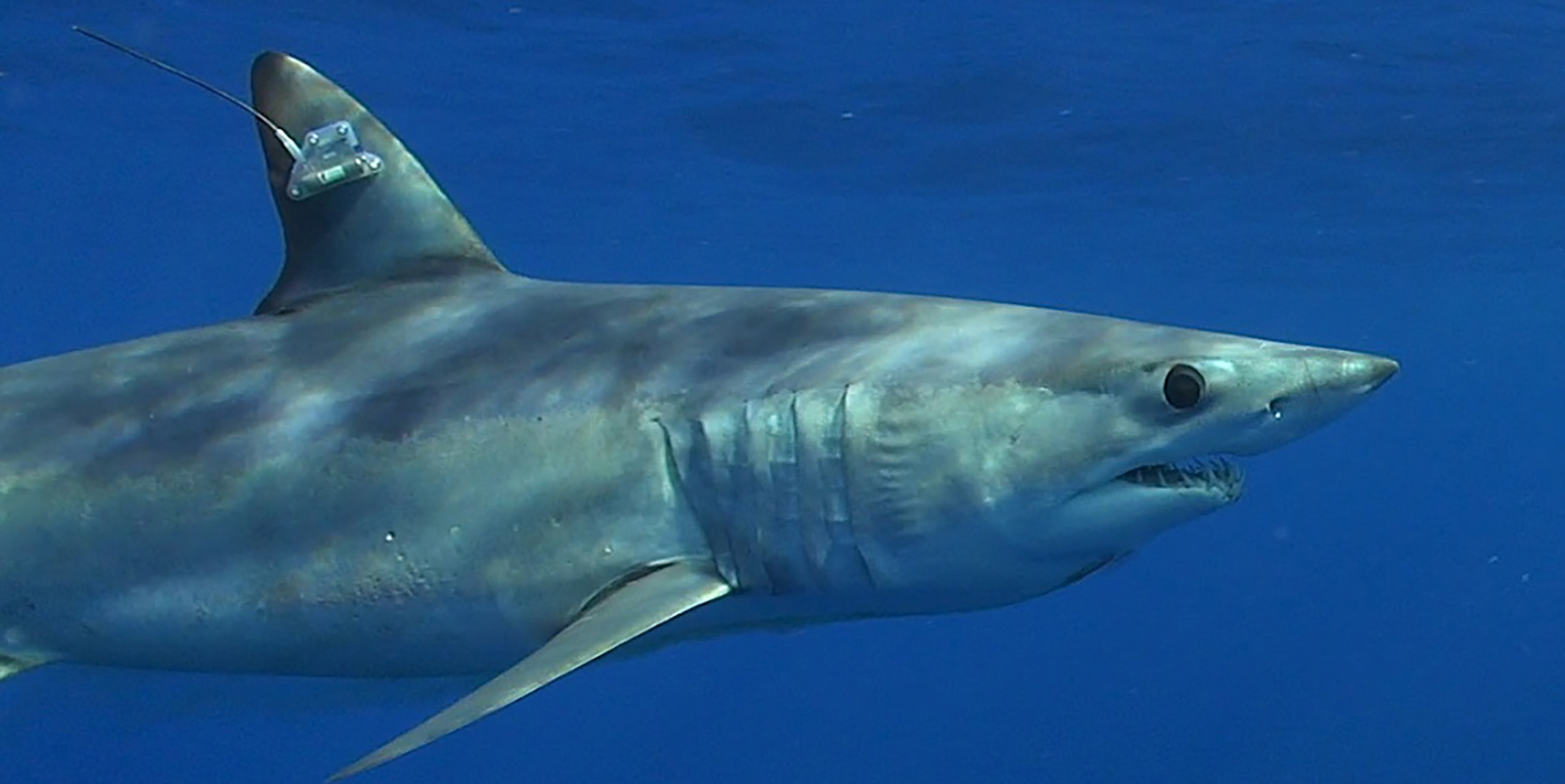More Tropical Fish Arriving in Narragansett Bay Earlier
August 17, 2016
When a tropical fish called a crevalle jack turned up this summer in the Narragansett Bay trawl survey, which the University of Rhode Island conducts weekly, it was the first time the species was detected in the more than 50 years that the survey has taken place.
The Rhode Island Department of Environmental Management’s seine survey of fish in Rhode Island waters also captured a crevalle jack this year for the first time.
While it’s unusual that both institutions would capture a fish they had never recorded in the bay before, it’s not unusual that fish from the tropics are finding their way to the Ocean State. In fact, fish from Florida, the Bahamas and the Caribbean have been known to turn up in local waters in late summer every year for decades. But lately they’ve been showing up earlier in the season and in larger numbers, which is raising questions among those who pay attention to such things.
“There’s been a lot of speculation about how they get here,” said Jeremy Collie, the URI oceanography professor who manages the weekly trawl survey. “Most of them aren’t particularly good swimmers, so they probably didn’t swim here. They don’t say, ‘It’s August, so let’s go on vacation to New England.’ They’re not capable of long migrations.”
Instead, fish eggs and larvae and occasionally adult fish are believed to arrive in late summer on eddies of warm water that break from the Gulf Stream. Collie said they “probably hitch a ride” on sargassum weed or other bits of seaweed that the currents carry toward Narragansett Bay.
Most of these tropical species, including spotfin butterflyfish, damselfish, short bigeye, burrfish and several varieties of grouper, don’t survive long in the region. When the water begins to get cold in November, almost all perish.
“There’s no transport system to carry them back south, which is the reason they can’t get back where they came from,” Collie said.
While climate change and the warming of the oceans has been responsible for many unusual marine observations in recent years, that doesn’t appear to be the case with the annual arrival of tropical fish in local waters.
“Warming doesn’t really have an effect on it,” said Mark Hall, owner of Biomes Marine Biology Center in North Kingstown, which has been exhibiting locally caught tropical fish since it opened in 1989. “It’s just the way the Gulf Stream meanders and carries these fish our way.”
Ocean warming does appear to be affecting the timing of the arrival of the fish, however.
“Twenty years ago I wouldn’t bother trying to find tropicals until mid-August, but now we’re seeing them in July,” Hall said.
The good news is that none of these tropical species appear to be harming or out-competing the native marine life in Narragansett Bay.
“They arrive in July or August and are dead by November, so they’re just not here long enough to have an impact,” Hall said. “I can’t think of a single animal that’s having a negative effect.”
Collie agrees. “These strays are small and appear here in small numbers. The threat would come from wholesale movements of new species that can stay here for long periods. Tropicals aren’t a threat.”
For those interested in seeing some of the tropical species that are making their way to Rhode Island, visit Biomes in North Kingstown or Save The Bay’s Exploration Center and Aquarium at Easton’s Beach in Newport. Save The Bay just opened a new exhibit this month featuring tropical fish species collected locally by its staff, volunteers and partner organizations, including the Norman Bird Sanctuary and DEM. The exhibit, called The Bay of the Future, features a variety of what manager Adam Kovarsky calls Gulf Stream orphans.
“We want to spark people’s thought processes about the things that can happen from climate change,” he said. “While tropical strays have been showing up here forever and ever, there’s evidence that now they’re showing up in larger numbers and arriving earlier and surviving later. It’s not a problem now, but eventually they may stay year-round, and that could stress our local species.”
Rhode Island resident and author Todd McLeish runs a wildlife blog.




I would suggest mentioning to check with state and federal fisheries regulations, especially undersize regulations, before taking any marine species that are unfamiliar. I know that snapper is highly regulated, and a federal fisheries violation can destroy people’s lives.
If you see these gulf stream orphans while you’re out, whether recreationally or commercially, report them to the Gulf Stream Orphan project! They’re using citizen science to help track these tropical strays. http://www.gsoproject.org/